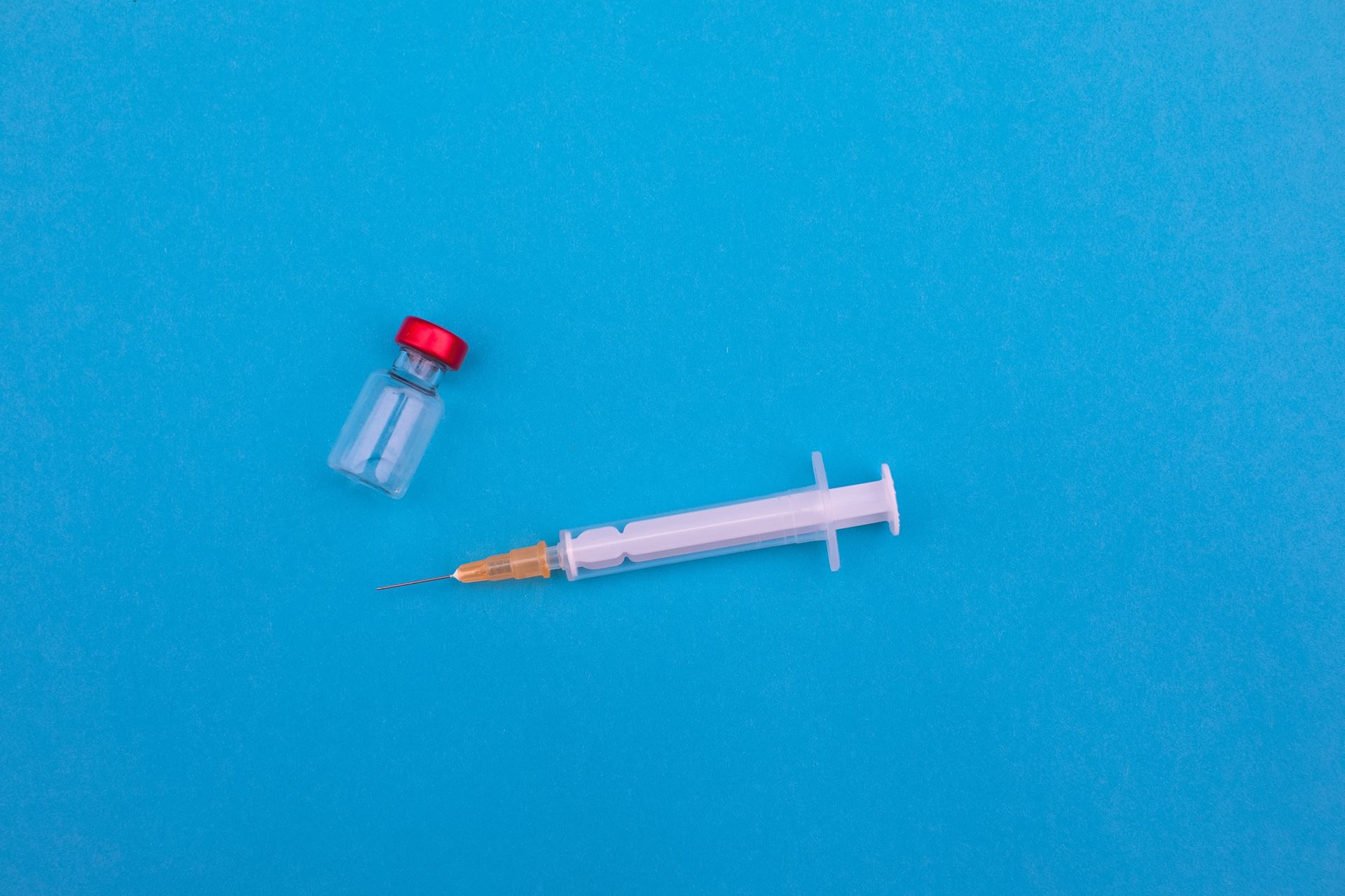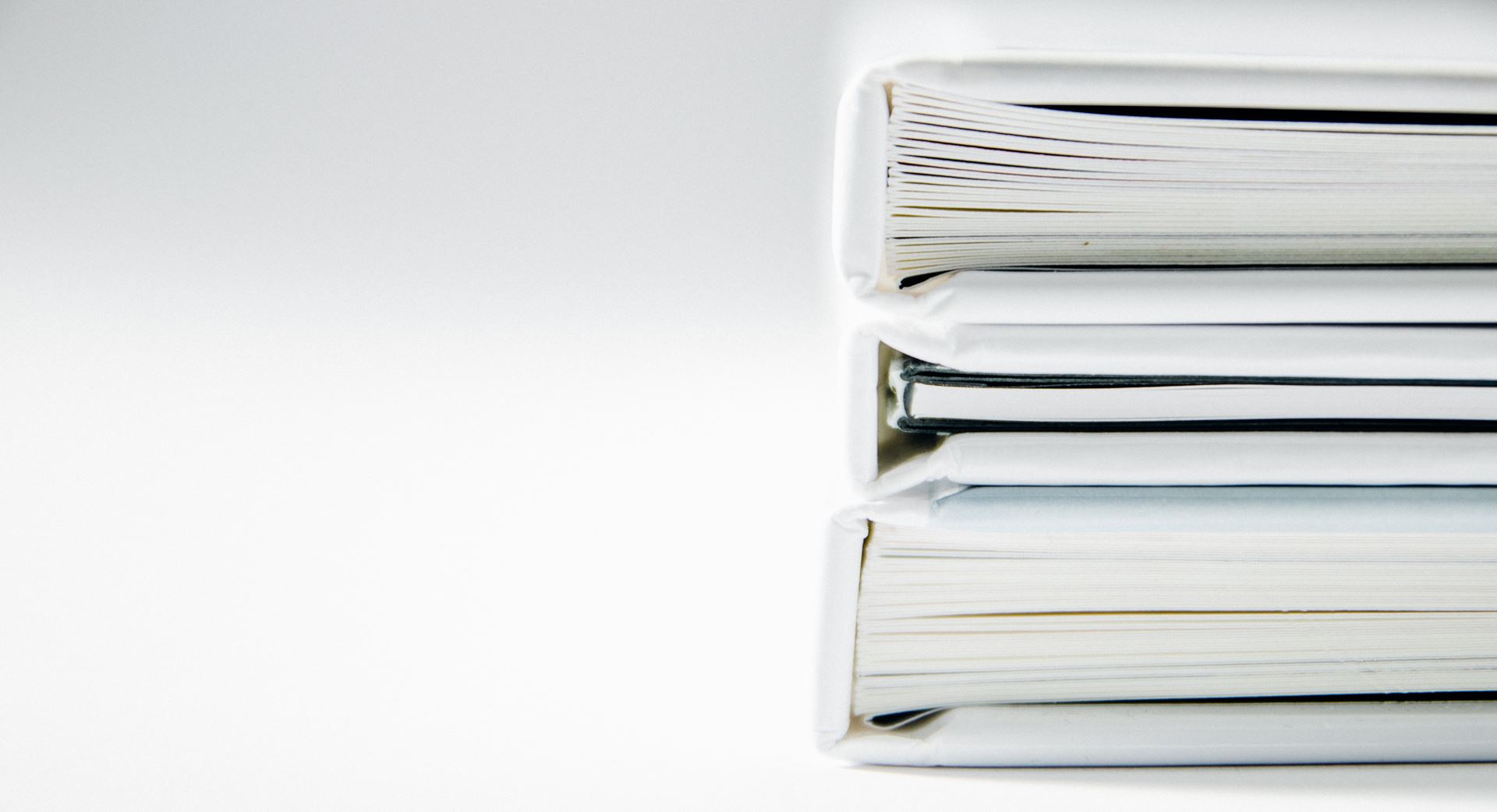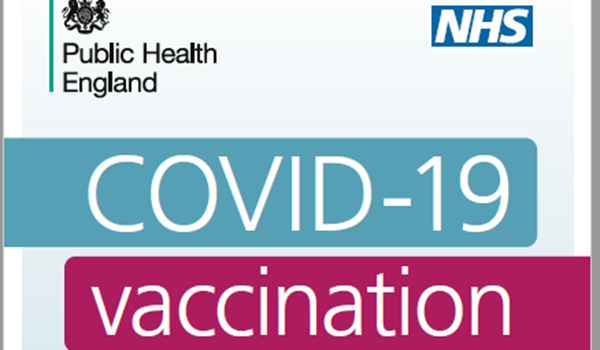Although it feels like life is normal, COVID-19 is still with us.
We are open, but we are still taking precautions to make sure everyone is safe.
- Please try to wear a face mask if you are able to when inside the building.
- Staff will continue wearing face masks when seeing you
- Please try to keep a safe distance from others to help prevent spread
- Please use the hand sanitiser stations in the building to wash your hands
- Please do not attend the surgery if you are having new symptoms of COVID-19 (new and persistent cough, temperature >38C, loss of sense of taste to smell)
- Get vaccinated!
If you have any queries about COVID-19 please click here for the updated NHS guidelines
Refer to NHS 111 Online to check if you have coronavirus symptoms. If you have severe COVID-19 symptoms and need further advice, call NHS 111- not the surgery.
If you are having to self isolate at home, please click here for information to help keep you safe.








